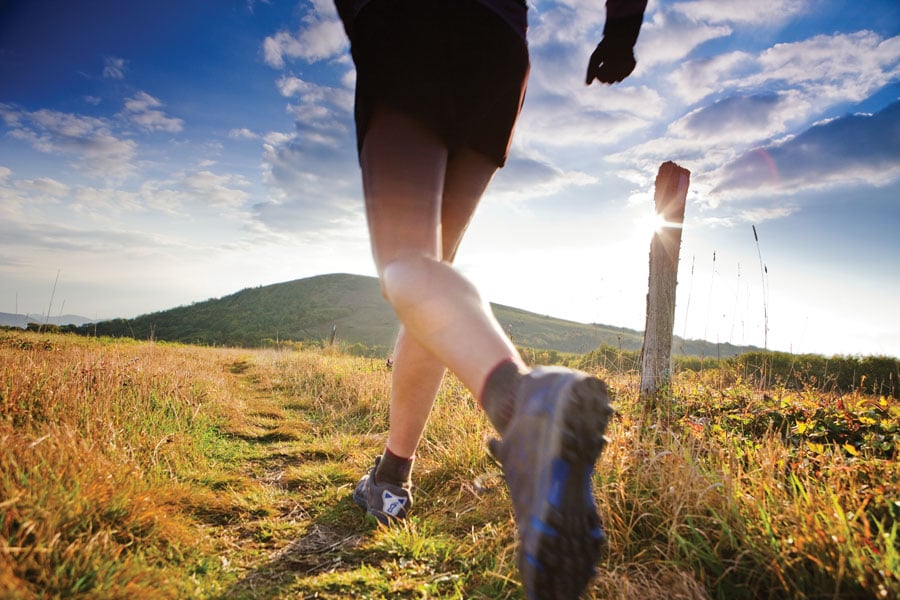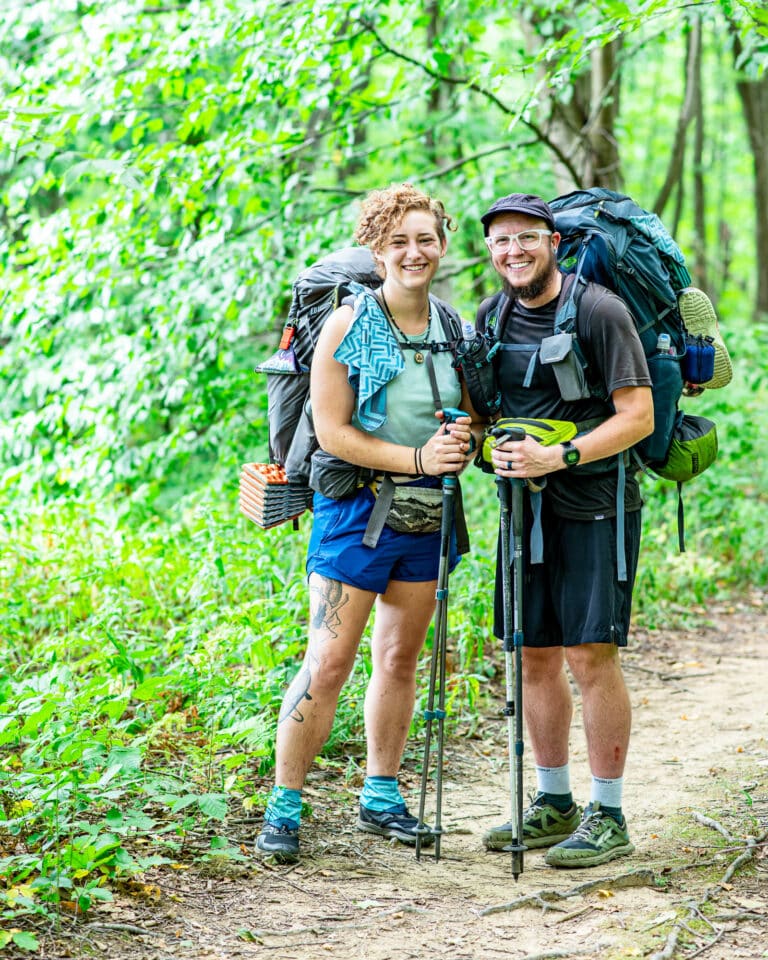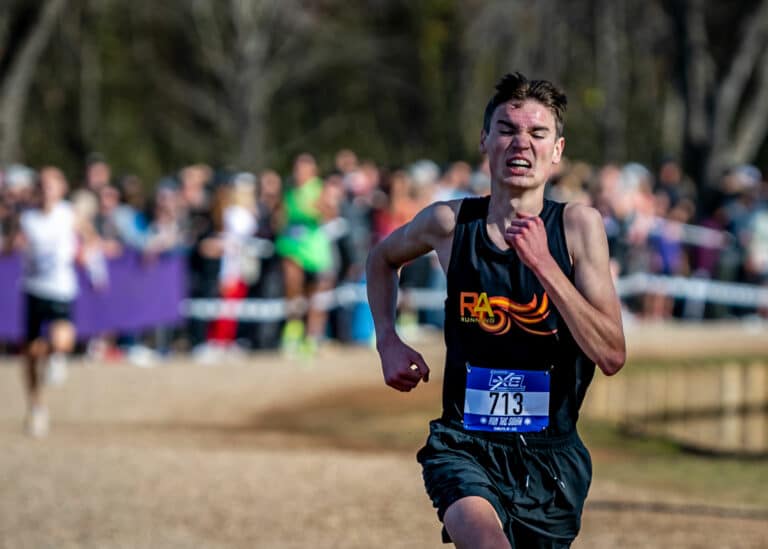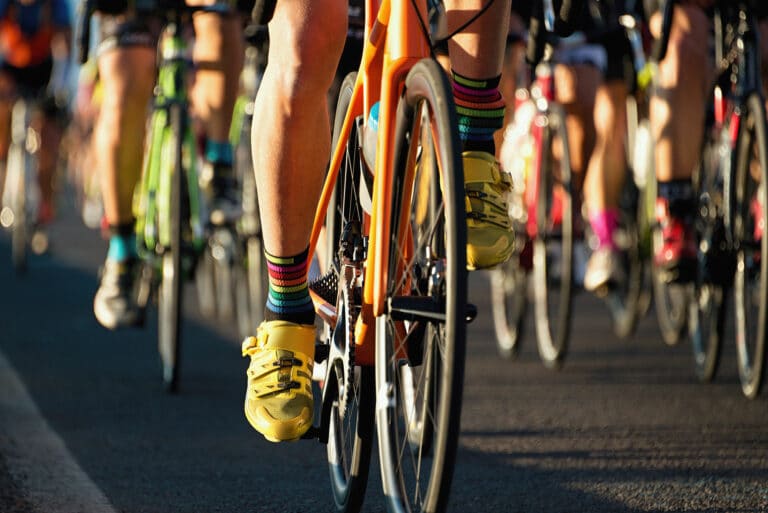It’s Friday morning, July 10th. As I write, Scott Jurek is trying to finish the northernmost 120 miles of the Appalachian Trail. If Scott summits Mt. Katahdin sometime within the next 60 hours, my team will no longer hold the overall record for the FKT on the Appalachian trail. If Scott touches the Katahdin sign anytime after 5:16 pm on Sunday, my team will have bested one of the greatest ultrarunners in North America.
I have been asking myself, along with the help of reporters from Runners World, Outside magazine, Men’s Journal, and National Geographic, “What does that mean?”
The word that keeps coming to my mind stays the same. “NOTHING.”
I am not saying that my experience on the Appalachian Trail in 2011 means nothing. It means a great deal to me. That’s exactly why Scott Jurek’s finishing time does not change anything.
The effects of such an endeavor cannot be ranked or expressed in numbers. My greatest reward that summer was not the record. The lasting results I cherish the most are a deeper love for my husband, an increased appreciation for my support network, and a better understanding of the sacrifice it takes to accomplish something very difficult. And, like every hike, I finished the journey with a deeper sense of awe for the spirit and significance of the wilderness, and a stronger desire to give back to the trail community.
I never considered the Appalachian Trail record to be a race. I looked upon it as an opportunity to maximize potential based on the experience of those who have gone before, and the tireless support of an unselfish and dedicated crew. In the book, Called Again, I wrote, “A record holder never really stands alone, but rather climbs on the shoulders of the ones who have gone before him – or her.” If you lined up the past five record holders in their prime and told them to race down the trail, there’s no telling who would win. Each effort has faced different weather conditions and slightly different trail routes and reroutes. Each new contender benefits from the experience and wisdom of previous record setters.
The overall Appalachian Trail record is not a solo endeavor. It is a team pursuit. I could not have set the record without my husband, Brew, or the countless friends, family members, hikers, and runners who helped us along the way. If Scott is successful it will be due just as much to his support team as to his athleticism.
When asked about the record in my professional speaking engagements, I try to emphasize that the record is not better or worse than any other type of wilderness experience. I have completed the entire length of the Appalachian Trail three separate times. I do not consider the overall record more or less valuable than my other two journeys. The record should be recognized because it is unique and extremely difficult, not because it is in any way superior.
To anyone who has followed endurance FKT’s over the past few decades, it is very clear that the atmosphere is rapidly changing. I asked Andrew Thompson- who held the record before I did- how he handled the media interviews as I approached Springer Mountain in 2011. He laughed and retorted that no one interviewed him before I finished.
Karl Meltzer and Scott Jurek are two of the most high profile ultrarunning icons in North America. They have both tried for the record within the past five years. It has brought a huge amount of publicity to the Appalachian Trail and to trail records. Most of that publicity is very positive. But all record setters should be cognizant of “publicity pollution” on the trail. One person’s endeavor should not detract from another person’s wilderness experience.
Several reporters with whom I have spoken over the past few days have attempted to offer solace by mentioning the fact that I will still hold the female record if Scott surpasses our mark. Although I proudly claimed the female record on the trail in 2008 and embraced the wording, I no longer think that fastest known times on long-distance trails should be split between male and female categories.
Heather Anderson, Sue Johnston, and Diane Van Deren have proven that women are able to compete equally with men in a supported or unsupported fashion. If Scott surpasses our 2011 mark, then I will proudly claim the second fastest known time on the Appalachian Trail.
In spite of all the time and energy that went into setting the overall record, I was surprised by how little actually changed after we accomplished our goal. I had the same friends, the same job, and the same bank account total. These things are unlikely to change if and when the record falls. Ultimately, my self-worth is not based upon the record. It is defined by my faith, my family, and my friends. My two-year old daughter doesn’t know what the Appalachian Trail record is. She just knows that mama loves to hike.
One reporter asked if I will feel relieved when someone breaks the record. Relieved is not the word I would choose. But it does seem appropriate that someone like Scott will take the record. The truth is, I haven’t hiked another 40 mile day since 2011. I never wanted my legacy to be tied to an Appalachian Trail record.
I want a lifelong relationship with the trail. I want to get as many people out on the trail as possible – especially women and children. And I want to be able to give back through service, financial donations, and trail maintenance projects. I am starting to realize that a true legacy is not so much about performing when the whole world is watching, as it is a dedication to your cause when no one is watching.
My words to Scott this Sunday will be the same regardless of the outcome. “Congratulations. Cherish the experience and hold the record lightly.”








